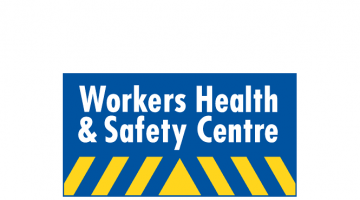Mental health in the workplace
Workplaces play a dual role in the area of mental health. On the one hand, they can be a stressful environment that contributes to mental health problems among workers. On the other hand, they can play an important part in helping to detect and manage mental health problems when they arise among workers, and in ensuring the healthy recovery and return of workers who are off work due to a mental health issue. IWH research in this area helps paint a clearer picture of the prevalence of mental health problems among workers, the types of labour force and workplace factors that may contribute to poor mental health, and the workplace-based and system prevention efforts that can help improve the mental health of workers and ensure they have the proper supports when needed.
Featured

Lower injury rates found when workers feel their workplace prioritizes their wellbeing

Understanding PTSI program implementation processes in Alberta first responder organizations
The psychosocial work environment among educators during the COVID-19 pandemic

Widely used survey lacks ability to tell apart 13 distinct psychosocial work factors

Poor interactions with case managers linked with risk of mental illness later on

MSD prevention should consider role of gender and psychosocial hazards too
Longitudinal reciprocal relationships between the psychosocial work environment and burnout

Employees, leaders differ on mental health supports

IWH study finds psychosocial work stressors lead to burnout, but not vice versa
The association between mental health symptoms and quality and safety of patient care before and during COVID-19 among Canadian nurses
